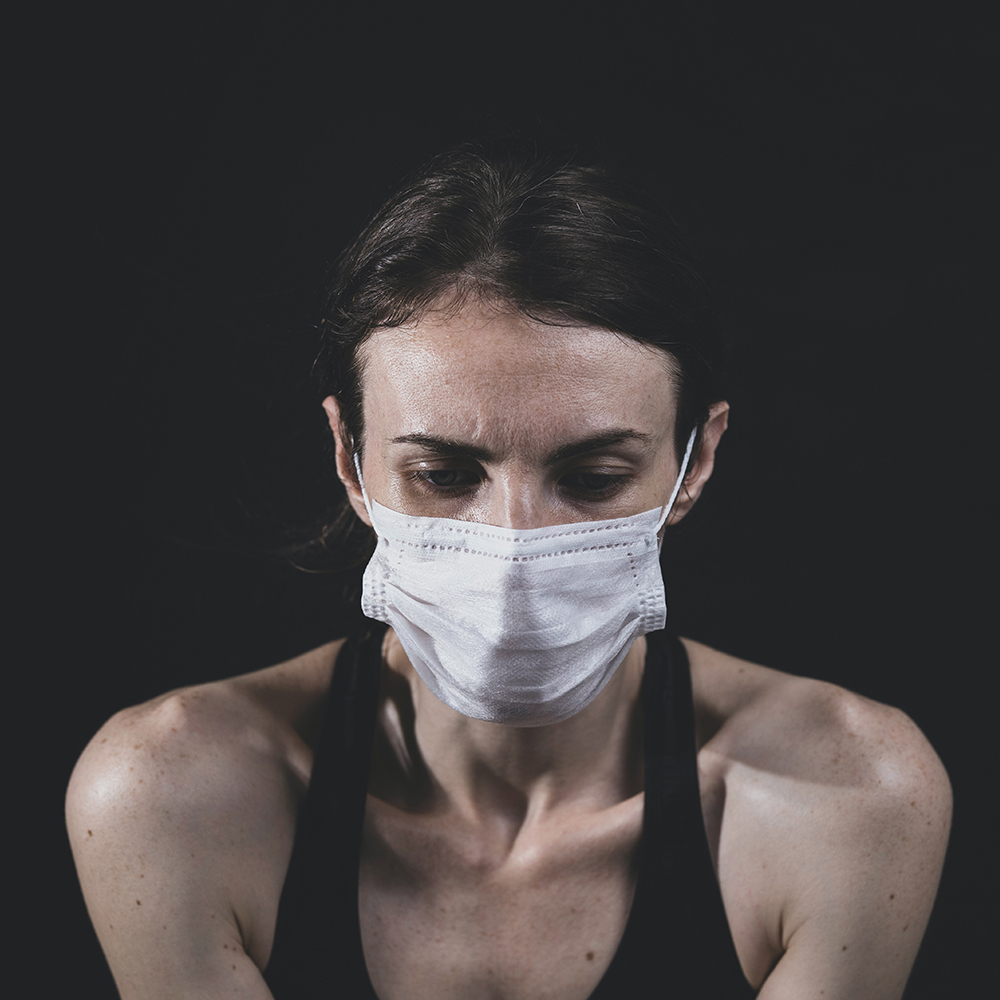Anxiety, especially right now, it’s hard not to come by. We spend our days awaiting the news of the day. Are we getting a vaccine soon? Will it work? How is testing going? When will we return to normal? There are so many anxiety-ridden questions we have to deal with on a daily basis in addition to the things we have going on in our lives. There are multiple waves of mental issues that can come about in today’s age. Because of COVID-19, there has been an increase in these. But what is the difference between having a panic attack and an anxiety attack? We here at Amodrn decided to investigate so that you know the answer. Keep reading for more.

What’s the Difference Between a Panic Attack and an Anxiety Attack?
So you’ve heard both terms many times before. A panic attack, an anxiety attack, what is the difference, and what are the similarities? There are both. During an anxiety attack, your body is reacting to some sort of stress that comes it’s the way. Whether or not you are expecting it, your body’s reaction is to warn you. If you hear something in the hallway when you’re expecting no one and you get scared, it’s anxiety. The same goes for when you’re on a rollercoaster and you’re about to go down a big hill. That feeling in your gut is anxiety.
According to ABC, with an anxiety attack, you will feel fearful, apprehensive, your heart may race, or you will feel short of breath. It is usually very short-lived. When your stress goes away, so does the attack.
With a panic attack, it’s often unexpected, unpredictable, and unprovoked. It does not happen in reaction to stress or a stressor. During a panic attack, you feel terror, fear, and apprehension. You can feel like you will pass out, lose control, have a heart attack, or even die. The symptoms of a panic attack are similar to an anxiety attack, but the list is long. The symptoms include chest pain, shortness of breath, dizziness, nausea, and more. With a panic attack, you can also start to worry and fear about having another one or the next one. This is called anticipatory anxiety.

How to Treat Both an Anxiety Attack and a Panic Attack
To treat both an anxiety attack and a panic attack when they come on, talk to a doctor or mental health professional to find out what you can do to prevent and treat both. We recommend taking slow, deep breaths, recognizing and accepting what you are experiencing, practicing mindfulness, and using relaxation techniques to get through an episode. Read more on Healthline here. To further prevent these attacks, manage stress in your life, figure out how to stop negative thoughts, exercise often, practice yoga and meditation, eat well, limit the anxiety-inducing consumption of alcohol, drugs, and caffeine.
You should speak to your doctor or another mental health professional to find out what you can do to both prevent and treat anxiety- and panic-related symptoms. Having a treatment plan and sticking to it when an attack strikes can help you feel like you’re in control.




